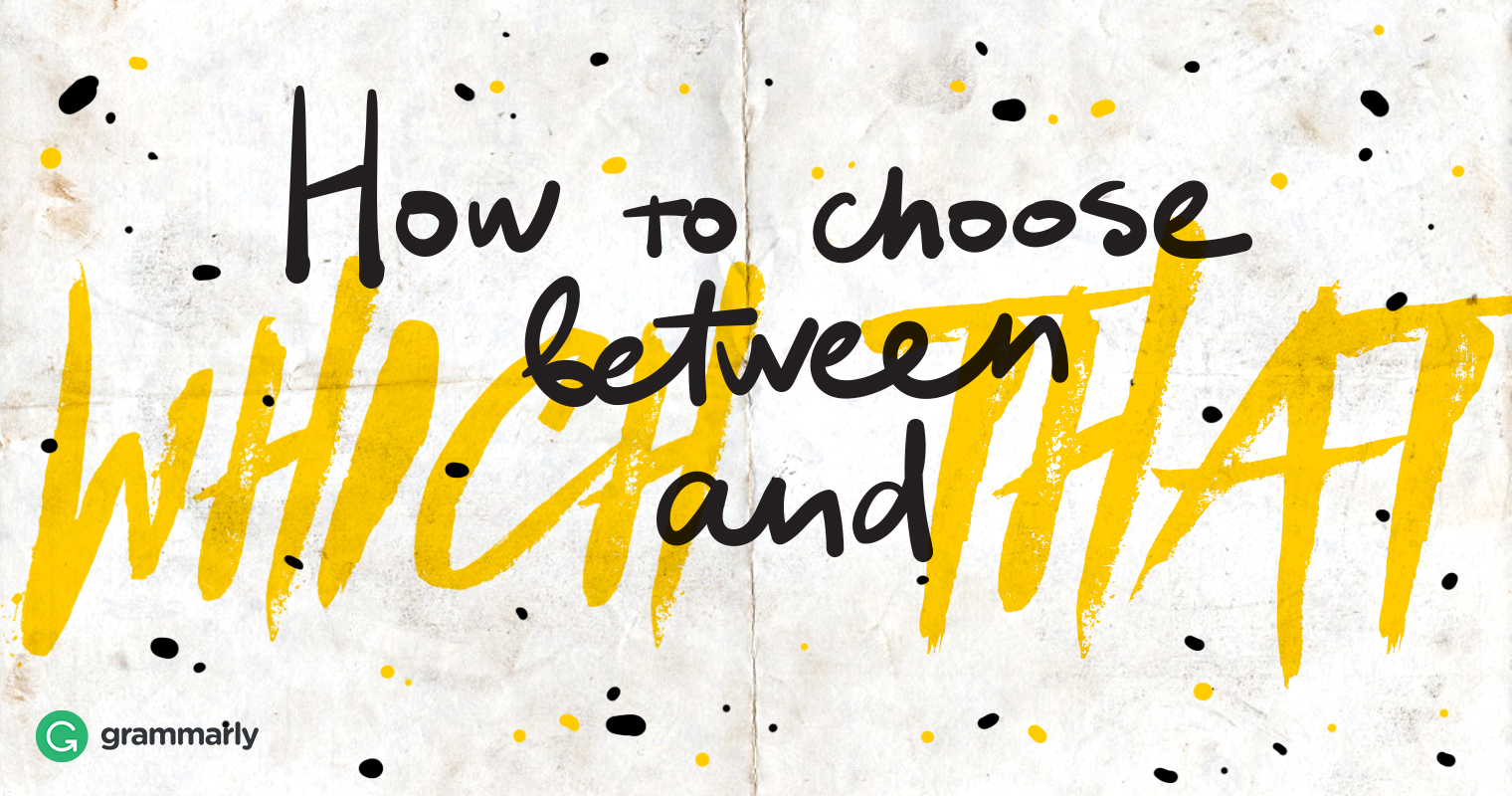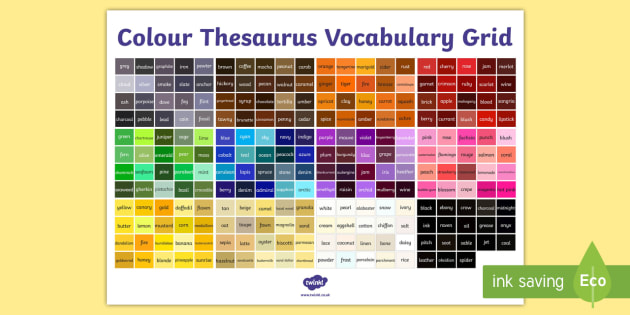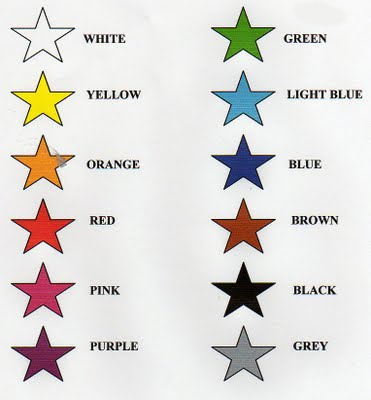Ask best Brits and Americans to abridge a account of spelling differences amid their two nations and—more generally than not—comparisons such as color/colour, theater/theatre, and meter/metre will acreage amid the three best accepted suggestions. However, the alterity amid British and American spellings alcove far above these oft-cited examples, to the point that some variations go about unnoticed. On that note, actuality are 10 lesser-known British and American spelling differences.

Annexe vs. annexWhile both countries consistently spell the verb anatomy of this chat (meaning to adjoin or attach) as “annex,” we Brits about add on an added “e” back autograph the noun anatomy (meaning an addendum to a capital building).
Grey vs. grayThis is conceivably the alone blush (or is that “colour”?) whose spelling Americans and Brits cannot absolutely accede upon, with Americans best generally opting for “gray” compared to the British alternative “grey.” However, Americans did not change the spelling of the accepted dog brand the greyhound, alike co-opting the name for their all-over bus service.
Cosy vs. cozyAs with a lot of words that would contrarily accommodate an “s” in British English (e.g. “analyse”), the chat “cosy” is spelled “cozy” in the United States.

Draught vs. draftThis accurate chat is one that has an affluence of altered meanings, from a slight access of air to an adjustment for a coffer to abstract money. However, clashing in the U.S. area “draft” encompasses all meanings, the British analyze amid assertive usages of the chat by, for example, application “draught” back apropos to a allocation of aqueous and “draft” to call a accounting plan.
Liquorice vs. licoriceMuch in the aforementioned way Americans abridge “cheque” (the British alternative of “check,” as in the acquittal method), the American spelling of “liquorice” replaces “qu-” with “c” to anatomy “licorice.”
Manoeuvre vs. maneuverAs you can see, two audible differences are at comedy here: firstly, the “o” acclimated in the British (and absolutely French) spelling “manoeuvre” is absent from the U.S. spelling, which—as with “meter” and “theatre”—also switches the “r” and the “e” around.

Mould vs. moldAs abiding as there are array of food-related chat differences amid Britain and the U.S., there is additionally alike a alterity amid anniversary country’s corresponding spelling of the actual affair you don’t appetite growing on your food: “mold” (U.S. spelling) or “mould” (British spelling). Note, these variants are alike activated when, for example, apropos to the abstraction of article (as in to shape).
Plough vs. plowHere, anniversary country adopts aloof one spelling for every meaning. Whether we are talking about the agriculture apparatus itself or the verb, the British consistently spell it “plough,” while the Americans opt already added for description in the anatomy of “plow.”
Smoulder vs. smolderIn abundant the aforementioned atom as the “mould”/”mold” aberration (and, for that matter, “colour”/”color”), Americans bead the “u” from the British spelling “smoulder.” It should be noted, however, that while abounding American English spellings chase a constant arrangement (“humor,” “color,” “honor” etc.), the bottomward of the “u” aural a word’s antecedent affricate is not a approved affection aural American English, as apparent by the U.S. spelling of “shoulder” or “boulder.”

Kerb vs. curbIt is adequately able-bodied accepted that Americans accredit to the paved aisle at the ancillary of a alley as a “sidewalk” compared to the British agnate “pavement.” What is beneath accepted is that the bean binding at the ancillary of such a aisle is spelled (or is that spelt?) “curb” stateside and “kerb” in the U.K.
See more:10 Words and Phrases That Cause Confusion Amid Brits and Americans10 American Slang Terms and Phrases That Confuse Brits10 Celebrity Names Brits and Americans Pronounce Differently
The 6 Common Stereotypes When It Comes To What Is The British Spelling Of Color? | What Is The British Spelling Of Color? - what is the british spelling of color? | Allowed for you to the blog site, with this moment I will explain to you about keyword. Now, this can be the very first photograph:
What about image above? is usually that remarkable???. if you think maybe consequently, I'l m demonstrate several image once again down below: So, if you desire to acquire all these incredible photos regarding (The 6 Common Stereotypes When It Comes To What Is The British Spelling Of Color? | What Is The British Spelling Of Color?), press save button to save these pics for your personal pc. They are all set for download, if you love and want to get it, click save logo on the article, and it will be directly down loaded to your laptop computer.} At last if you need to grab new and the recent picture related to (The 6 Common Stereotypes When It Comes To What Is The British Spelling Of Color? | What Is The British Spelling Of Color?), please follow us on google plus or save the site, we attempt our best to present you regular up grade with all new and fresh photos. We do hope you like staying here. For some up-dates and latest information about (The 6 Common Stereotypes When It Comes To What Is The British Spelling Of Color? | What Is The British Spelling Of Color?) shots, please kindly follow us on twitter, path, Instagram and google plus, or you mark this page on book mark section, We attempt to give you up grade regularly with fresh and new pictures, like your surfing, and find the ideal for you. Thanks for visiting our website, articleabove (The 6 Common Stereotypes When It Comes To What Is The British Spelling Of Color? | What Is The British Spelling Of Color?) published . Today we are pleased to declare that we have discovered an extremelyinteresting nicheto be reviewed, namely (The 6 Common Stereotypes When It Comes To What Is The British Spelling Of Color? | What Is The British Spelling Of Color?) Most people attempting to find specifics of(The 6 Common Stereotypes When It Comes To What Is The British Spelling Of Color? | What Is The British Spelling Of Color?) and certainly one of them is you, is not it?

Post a Comment